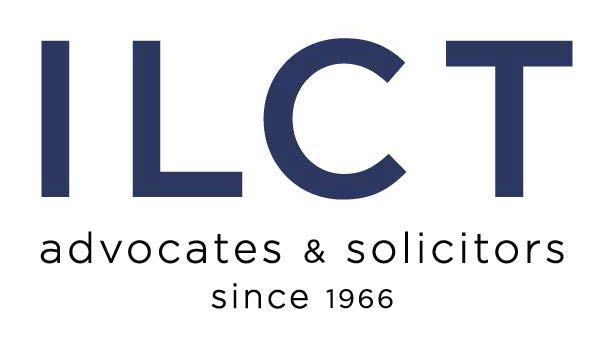Rules and Regulations on Food Advertisement
On March 30, 2021 the Thai Government Gazette published a new announcement from the Food and Drug Administration (FDA) regarding new rules and regulations for advertising the benefits of food (“Food Advertisement Announcement”).
This Food Advertisement Announcement was made in response to the increase of false advertisement relating to the quality and benefit of food. These are such as: food advertisement that contains false information, misleading, deceptive or made intentionally to promote sale to the public (“False Advertisement”). In light of this, the Food Advertisement Announcement has listed multiple words and phrases that are not allowed to be used on all media channels (i.e. radio, television, newspaper or social media). Any desire to advertise the benefits of food must first obtain approval from related offices prior to advertisement.
1). Definition of False Advertisement
The Food Advertisement Announcement contains several definitions of what are defined as False Advertisement, examples of these are listed below.
Unfair advertisement or advertisement that may cause harmful effects to or mislead the public at large are not allowed, examples of these are:
- Statement that falsely mislead the public to believe that the food contains certain ingredient, where in fact it does not;
- Statement that directly or indirectly supports illegal actions or against good public moral;
- Statement that certifies or promotes the benefits of food, made by medical figure, public health figure or any person claiming to be such person.
Moreover, advertisement on the benefits of food shall not contain false or deceptive information, such as:
- Statement containing false or exaggerated information;
- Statement that conveys misleading therapeutic, healing or protective properties against illnesses/diseases;
- Statement that conveys the promotion of sexual libido or sexual performance;
- Statement that conveys the promotion of skincare or other beautification purposes;
- Statement that conveys the promotions of weight or fat loss;
- Statement that includes data or statistics that have not been verified by the FDA.
To this end, The Food Advertisement Announcement also provides certain exemptions that do not require prior approval from the FDA. For instance, providing facts with proper academic/scientific support, and without any commercial incentives are allowed.
2). Barred Words and Phrases
Under this Food Advertisement Announcement, the following words or phrases are not allowed to be included in the advertisement of food.
2.1). Relating to the quality, benefit of food, the following words or phrases are not allowed:
- Holy, sacred, miraculous, miracle or superb;
- Award winning, superior or splendid;
- Number 1, no. 1 or above others;
- The best, best or top;
- No worries or completely cured;
- Extremely, overly or extraordinary;
- Without or no side effects;
- Approved or certified by the FDA;
- To achieve instant results, to see results quickly or to see results instantly.
2.2). The following phrases are not allowed to be included in the advertisement of food, including the use of graphics that may convey the same information.
Phrases relating to misleading therapeutic, healing or protective properties against illnesses/diseases, such as:
- Reduce cholesterol, reduce blood pressure, reduce dyslipidemia or reduce blood sugar;
- Protect against heart disease, cancer, tumor, diabetes or allergy;
- Relieve headache, migraine, numbing or blood clots;
- Protect or provide resistance against viral or bacterial infections (e.g. COVID-19);
- Improve memory function or curing Alzheimer- related symptoms;
- Cure hemorrhoids, GERD, tuberculosis or psoriasis.
Phrases relating to the promotion of sexual libido or sexual performance, such as:
- Increase and improve sexual performance;
- Increase male/female sexual libido or desire;
- Increase male’s organ size, erection or slow ejaculation;
- Increase female’s breasts size.
Phrases relating to the promotion of skincare or other beautification purposes, such as:
- Decrease wrinkles, acne or freckles;
- Improve skin whitening or skin clearing;
- Slow aging or anti-aging;
- Reduce hair loss or grey hair;
Phrases relating to the promotion of weight or fat loss, such as:
- Reduce fat;
- Burn body fat, capture fat or reduce excess fat;
- Reduce body weight;
- Block, burn, build, break or body firming;
- The use of before/after images;
- Slimming effect or body slimming;
- Thin or instantly thin.
In summary, this Food Advertisement Announcement prohibits the use of multiple words and phrases in conjunction with the False Advertisement. With this being said, do keep in mind that the official words and phrases are in the Thai, thus care must be taken when translating or interpreting these into English or any other languages. For further assistance on this, please contact: law@ilct.co.th.

